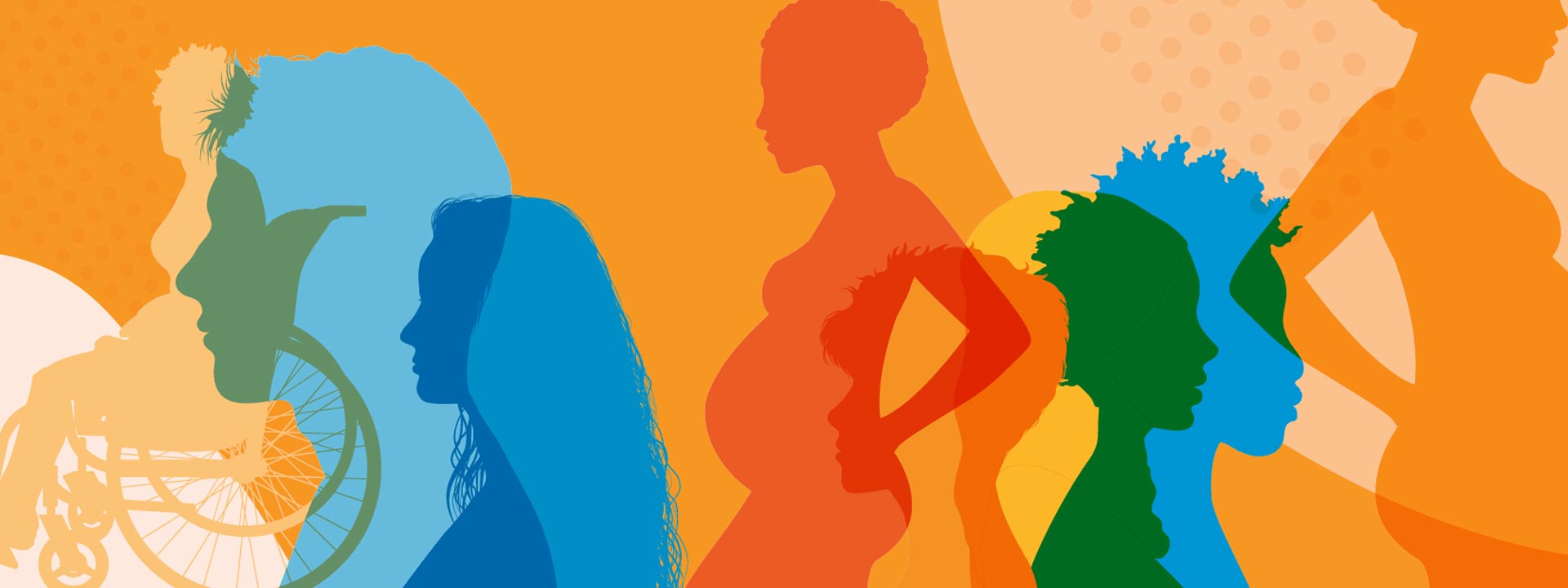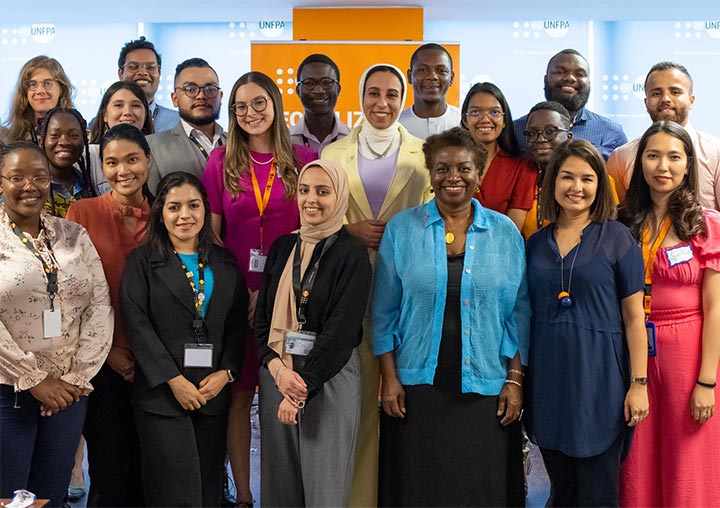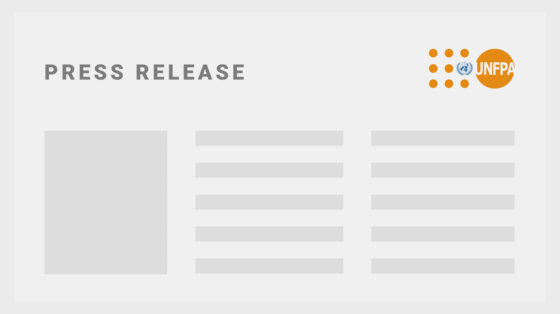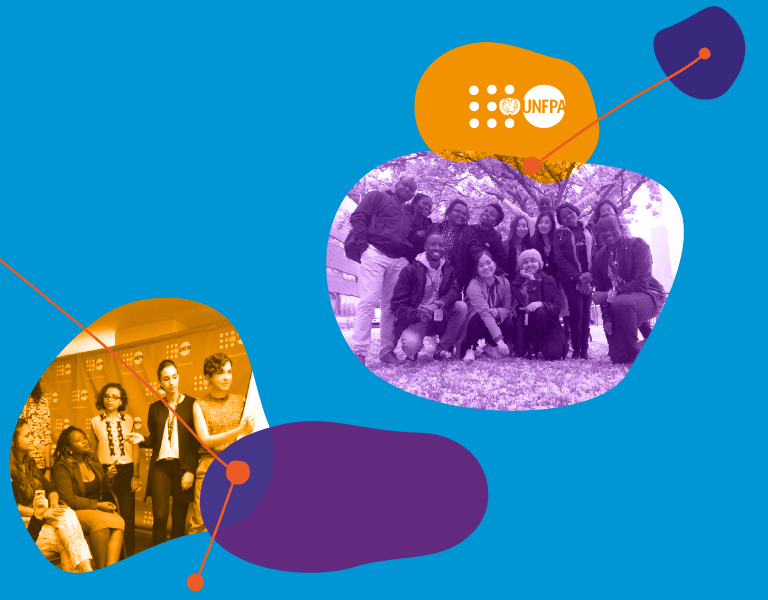As part of UNFPA’s 2030 People Strategy, and in line with our founding document, the International Conference on Population and Development Programme of Action, we recognize the importance of fostering a diverse and inclusive workplace. We take an intersectional approach to diversity and encourage UNFPA personnel to express their full identities and promote an environment in which they can share their stories safely.
At UNFPA, any form of harassment, sexual harassment, abuse of authority or discrimination is prohibited, as outlined in our policy Prohibition of Harassment, Sexual Harassment, Abuse of Authority and Discrimination, as well as in the Staff Rules and Regulations of the United Nations and the Standards of Conduct for the International Civil Service.
In order to strengthen UNFPA’s “speak-up” culture through improved prevention and early resolution of workplace conflicts; increased trust in existing reporting, accountability and response mechanisms; and enhanced support to victims, survivors and affected individuals, UNFPA established the Integrity Group. The Integrity Group comprises the Coordinator for Protection from Sexual Exploitation and Abuse and Sexual Harassment, the Division for Human Resources, the Legal Unit, the Office of Audit and Investigation Services, the Ethics Office and the Office of the Ombudsman.
DEI aligns with our mandate, which is grounded in equality and human rights. Our programmes are part of the global fight against racism and all forms of discrimination, marginalization and injustice. We believe that building an equitable and inclusive UNFPA, where every voice is heard and power is shared, starts with each of us.
Our work is challenging, and harnessing a diversity of perspectives, experiences and opinions is essential in advancing our efforts to foster a world more hospitable to women and girls. Our staff comprises individuals representing 166 countries, and we welcome personnel from all walks of life regardless of ethnicity, religion, nationality, age, disability, sexual orientation, gender identity or expression, marital status, family structure, mental health status and any other dimension. Strengthening inclusive practices in our everyday work, especially in addressing existing biases regarding ethnicity, disability and educational background, is not a one-time exercise but an ongoing initiative. We will be continuously working until all of us feel a sense of belonging at UNFPA.




